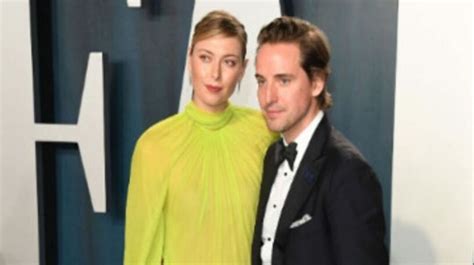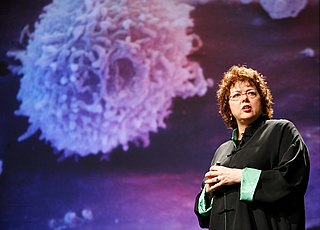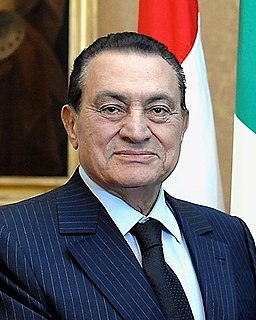A Quote by Amy Klobuchar
Ultimately, the success of America's market economy depends on trust. This includes trust between buyers and sellers, between lenders and borrowers, and between investors and the companies in which they invest.
Related Quotes
When the trust is high, you get the trust dividend. Investors invest in brands people trust. Consumers buy more from companies they trust, they spend more with companies they trust, they recommend companies they trust, and they give companies they trust the benefit of the doubt when things go wrong.
Community, then, is an indispensable term in any discussion of the connection between people and land. A healthy community is a form that includes all the local things that are connected by the larger, ultimately mysterious form of the Creation. In speaking of community, then, we are speaking of a complex connection not only among human beings or between humans and their homeland but also between human economy and nature, between forest or prairie and field or orchard, and between troublesome creatures and pleasant ones. All neighbors are included.
In short, with each of the thousand-and-one problems that present themselves in family life, our choice is between controlling and teaching, between creating an atmosphere of distrust and one of trust, between setting an example of power and helping children to learn responsibility, between quick-fix parenting and the kind that's focused on long-term goals.
The decision must be made between Judaism and Christianity, between business and culture, between male and female, between the race and the individual, between unworhtiness and worth, between the earthly and the higher life, between negation and God-like. Mankind has the choice to make. There are only two poles, and there is no middle way.


































